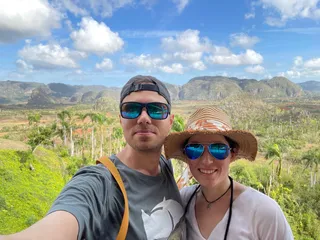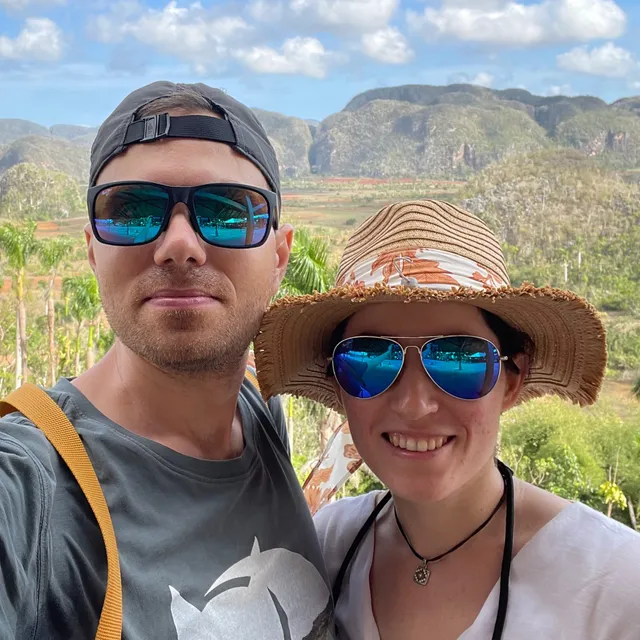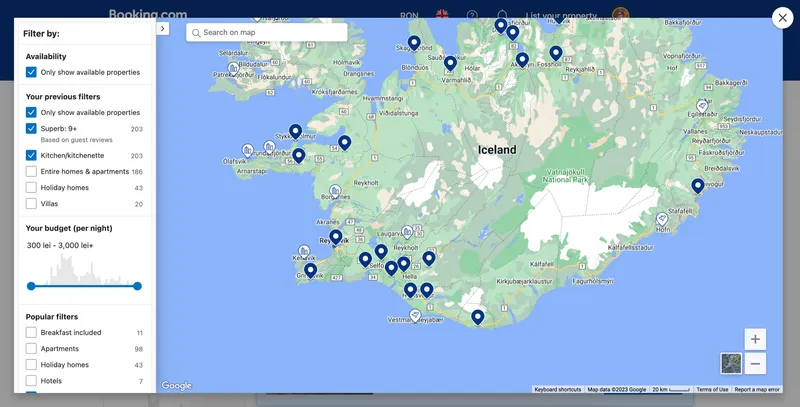In the last 5 years, we stayed in accommodations more days combined than in our own home. We had good and bad experiences, and we booked accommodations sometimes right away other times months in advance. To book accommodations we’ve been using Booking.com, and Airbnb, and sometimes called directly to the property or showed up at the reception desk looking for a room.
I would say that 99% of the bookings were made either on Booking.com or Airbnb. After staying in hundreds of different places, we tend to prefer Booking.com over Airbnb. Though, we had some of the most amazing experiences and stays when we booked through Airbnb. Then, why do we prefer one platform over the other?
Here are 5 reasons, that are personal for us, and that make us favor Booking.com. This is not a sponsored post, just our experience after staying in hundreds of accommodations over the years.
1. Better Deals on Booking.com
Most of the time, when we found a property available both on Booking.com and Airbnb, we had a better price on Booking.com. We are currently at the highest genius level that the platform offers and that is why we might get better deals. We tried sometimes to reach the property on Airbnb and ask for a discount or even call them just to end up making the reservation on Booking.com because it was cheaper than the price they offered in a different place.
2. Airbnb favors the hosts
In our opinion, Airbnb pays more attention to hosts than to guests. This reflects how easy it is to search for properties, apply filters and choose where to stay. While Booking.com allows us to easily choose properties based on the rating, on Airbnb there is no filter to remove listed properties that have a lower score than what we’d be looking for. Also, in case there is a dispute they start by trusting the host in the first place.
Short story: when the pandemic started, we were in New Zealand and decided to cancel our future travel plans and return home which was 40 hours away by plane. Booking.com was very proactive and they refunded all the reservations, no questions asked. On Airbnb, it was a different story and I had to go back and forth to have our money refunded. Even if the host issued a full refund on his side, Airbnb still held on to the comission it took from us as guests, until we managed to reach out customer support and explain the situation. This leads me to the next point.
3. Faster Customer Support
Contacting customer support on Booking.com has always been super fast and we got responses within minutes of contacting the support team. They did everything they could to reach the property and make the changes we were looking for or help us figure out the problem we were dealing with. On Airbnb, it took longer and usually, I got a response within days instead of hours. Occasionally, Airbnb went the extra mile to call me, but it also took a long time before it happened.
4. Better Cancellation Policy
On Airbnb most of the properties have no cancellation policy or a bad cancellation policy. Booking.com has always been very good for us in terms of cancellation policy. When making a reservation months in advance, I want to make sure that I can change the plans in case something happens and usually, I am happy to pay a few extra bucks for that. Most of the time, on Booking.com I can find the same room with different cancellation policies and choose the one that is better for my needs.
5. The accommodations on Booking.com are more reliable
I can’t complain about having bad accommodations while traveling, but from time to time it happened to end up in a place that we don’t like or which is not as advertised. Every time, that happened when we booked the accommodation through Airbnb. We even had to leave 2 places because we did not feel safe and in many other places, the photos were not up to date. It seems that accommodations on Booking.com have more accurate photos and we never felt unsafe when stayed in a place that we booked on Booking.com.
Bonus 6. The review system can be misleading on Airbnb
Ever wonder why a 4.5 out 5 star rating is a usually a bad experience on Airbnb? Airbnb has a dual review system, meaning that both the host and the guest need to leave a review before they can see the other’s review. If one of them writes a review, the other has 2 options: do nothing and the review goes public after 30 days, or write a review within 30 days and they both go public immediately.
When a guest has issues with an accommodation he or she will most likely contact the host for a resolution. If everything goes well, then they both share a positive review with nothing to complain about. These are the types of reviews we usually see. If the host is unwilling or unable to solve the guest’s issue, a dispute may arise, or the guest is left unhappy. When this happens, each knows to expect a negative review from the other. Both the host, and the guest, will want to protect their Airbnb rating, and most often they end up not posting a review at all. If the guest leaves a review, the host is notified that he or she has a review, but can’t see it. Since the host knows to expect a negative review, he or she will be inclined to also post a negative review in self defence. However, the guest is expecting the host to have this behaviour, so the guest prefers to not write any kind of review in the first place. By not writing a review, the guest avoids a possible negative review from the host. The same thing applies the other way around as well. The host avoids to share a review because this might make the guest post a negative review.
To sum it up, most negative experiences between guests and hosts on Airbnb are left untold. Even a 4.9 out of 5 on Airbnb can be a hit or miss. We had 2 terrible experiences where we simply left the accommodations within one hour of getting in. One was in Miami Beach, Florida, and the other was in Medellin, Colombia. They both had ratings over 4.9, but they looked nothing like in the photos or as described. Let us know if you want to hear the entire story about these bad experiences and how we handled the complaints and refunds on non-refundable bookings.
All in all, I believe that choosing the platform on which to make the reservation is a matter of personal preference and it might also change over time based on how the company’s values evolve. For us, Booking.com is the platform to go, but many times we’re also checking Airbnb to see if there is something better, especially when we want something long-term.
It takes a lot of planning for the perfect trip, but packing can sometimes be frustrating. Either packing too many things or packing too few can ruin a bit of the fun. We've perfected our travel packing checklist over the years, and we believe it will be of good use for you too. We also have some travel packing tips & tricks to share to save you the hustle we once had.
Related Travel Articles

Writing free, independent and personal travel content since 2021. If you appreciate what we do, then you can return the favor by using the affiliate links below.
- Get your accommodations on Booking.com
- Buy your gear and gadgets from Amazon
- Book flights using Expedia
- Book activities on Get Your Guide
- Book guided trips on G Adventures

Writing free, independent and personal travel content since 2021. If you appreciate what we do, then you can return the favor by using the affiliate links below with no cost for you.
